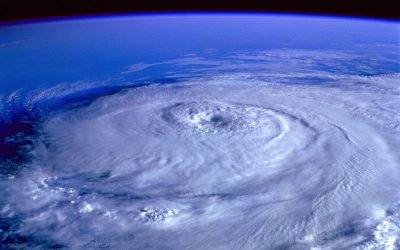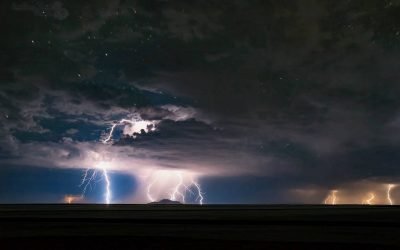When a tropical cyclone hits, many people experience the wrath of the most violent type of storm on Earth. Many people refer to these storms using different names such as typhoons, cyclones, tropical storms, or hurricanes. However, what most people don’t know is that the naming depends on where the storm forms, but all types Read More
Category: Weather
Flash floods are the number one cause of weather-related deaths in the world because of their immense power, speed, and unpredictability. In the United States, the amount of deaths caused by floods largely exceeds those killed by tornadoes, hurricanes, and lightning combined. Furthermore, the amount of deaths and injuries caused by these natural disasters increases Read More
Adults have tried all sorts of stories to help explain away the fear children have during storms. There has been a success in teaching children about how weather works. If they understand it, it should help alleviate some fear. So why not teach all ages about weather science? Weather Science Teaches Observations – As children play Read More
Lightning survivors are rare, but they do happen. Whether it is a direct hit, association hit, or from the left-over voltage from the ground. Here are some of their stories. Lightning There are 240 volts of electricity that runs through a house. A transformer’s job is to reduce the 7,200 volts to the 240 volts. Read More
The sight and sound of thunder and lightning usually mean the beginning of Spring. Some places it could mean the start of a hurricane. Mythology and Stories From the beginning, parents have tried to explain lightning. Whether it is religious ideas or made up stories to calm fears, some of the stories can be quite Read More
A very bad natural disaster is a drought. A drought is when there is a lack of precipitation (i.e. rain, snow, hail, sleet) over an extended period of time. The length of time is usually a season or more with the result being a water shortage for plants, people or animals.






